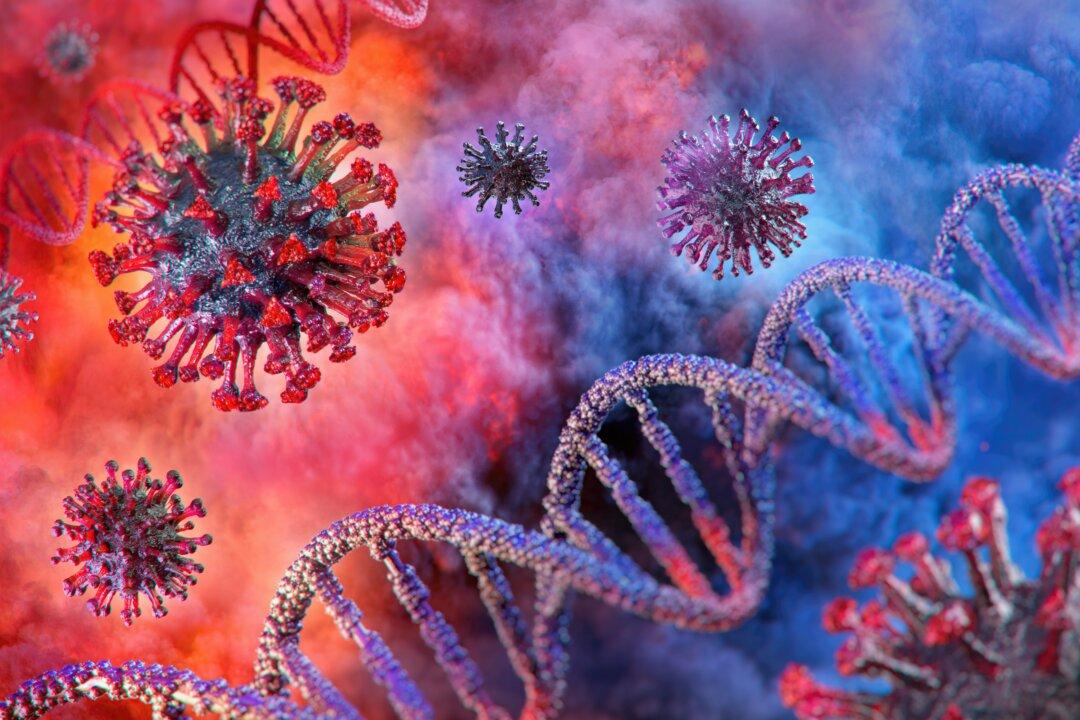South African scientists discovered a new variant of COVID-19 that they say might be behind the recent surge of infections in the country, resulting in panic across the world as countries fear the international spread of the highly mutated variation.
South Africa was experiencing a rate of 200 new daily confirmed cases until recently when the number suddenly spiked to 2,465 on Thursday. Scientists studied virus samples from the outbreak—found mostly concentrated in Gauteng the most populous province in the country and home to Johannesburg—and discovered the new variant that the WHO named Omicron on Friday.





